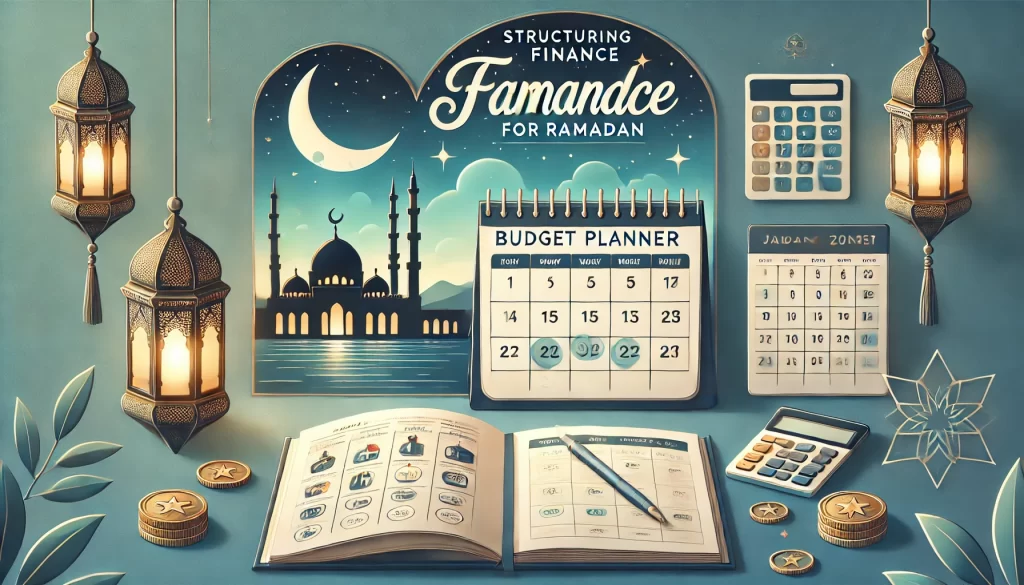There are always special days on a personal, family, or organizational level, as well as in a nation’s history. In recent years, these special occasions have taken on a new form that necessitates expenditures. Some, such as weddings, have always required some level of spending, whereas others, such as national days, do not require any spending at all, as most nations do today. Spending millions of dollars on a national day is a misplaced priority if politicians know what they are doing, especially when and where citizens are impoverished.
Anyone living in the Western world understands how special a holiday is to the average westerner. They set aside money for the holiday season. However, spending during the holidays, such as Christmas or Halloween, can often be outrageous and extravagant. As a result, banks that understand their customers’ needs should include a vacation savings model among their services. This is an idea that Islamic banks should consider and develop for their customers, in my opinion. Historically, one of the first modern Islamic banks began with Hajj savings. For Muslims, Hajj is a special worship and occasion. Tabung Hajj, which was founded in Malaysia in 1962, was that bank. Though, there have been some Islamic practices in Pakistan during the 50s but this article is not after that discussion.
Ramadhan is also a very special occasion in the life of every Muslim. Everyone, religious or not, is financially impacted. When you think about it, non-Muslims, like Muslims, are financially impacted. However, many people complain about the financial difficulties that come with Ramadhan, but the problem is not with Ramadhan itself, rather, it is with how people structure their expenditures throughout the year, taking other factors into account as well.
We often hear the prophet’s companions say they prepare for Ramadhan for six months. Our understanding of their Ramadan preparations should go beyond spiritual preparation. Most of the time, financial constraints are an impediment to achieving spiritual goals. A Muslim or non-Muslim who will be affected financially, whether positively or negatively, should have a short-term plan for Ramadhan. This could be a short-term investment or savings that will alleviate your financial stress during Ramadhan. To avoid the financial strain of Ramadan, it is critical to budget for it throughout the year and to adopt new, lower-cost traditions. Ramadhan is not all about spending, but if you do not plan ahead of time, it will appear that way.


Alhamdulillah, read the article brother…I agree to the statement ‘To avoid the financial strain of Ramadan, it is critical to budget for it…’ This idea can easily be implemented in a neobank rather than a conventional bank…we have neobanks in India who have a system called “Pots”, basically the idea is to save a particular amount every month for a particular task.